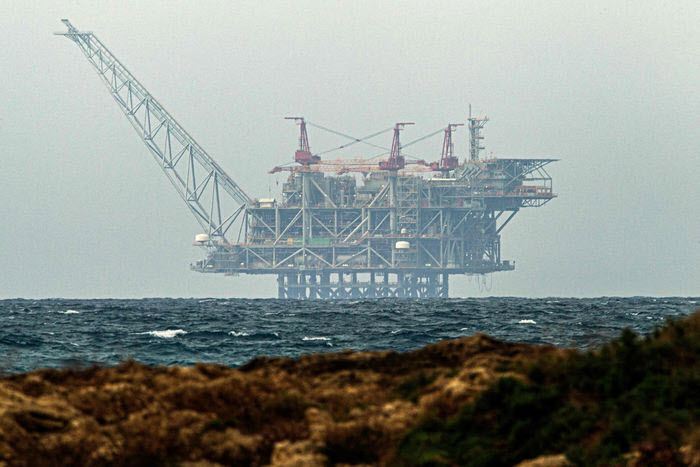In a significant development for regional energy cooperation, Chevron Corporation, the operator of Israel’s Leviathan gas field, has secured approval and finalized agreements to construct a new natural gas pipeline to Egypt. This move is poised to bolster Egypt’s energy security amid its ongoing crisis, while enhancing Israel’s role as a key gas exporter in the Eastern Mediterranean.
Details of the Agreement
The agreement involves an engineering, procurement, and construction (EPC) contract signed between the Leviathan partners—Chevron, NewMed Energy, and Ratio Energies—and Israel Natural Gas Lines, the state-owned pipeline operator.
Valued at $610 million, this 15-year deal follows a landmark $35 billion export agreement announced in August 2025, which commits to supplying up to 130 billion cubic meters (bcm) of natural gas to Egypt over the period.
This export pact, the largest in Israel’s history, extends previous arrangements and aims to address Egypt’s growing demand for imported gas, as the country currently spends billions annually on liquefied natural gas (LNG) imports.
The Israeli government had initially approved the project in 2023, paving the way for this latest milestone.
Pipeline Specifications and Size
The new infrastructure, known as the Nitzana pipeline, will span 65 kilometers, connecting Ramat Hovav in southern Israel to the Nitzana crossing on the Israeli-Egyptian border.
While specific details on the pipeline’s diameter have not been publicly disclosed in available reports, it is designed to integrate with existing export routes, including two 120 km onshore pipelines already linked to the Leviathan field.
Construction is slated to begin in the fourth quarter of 2025, with completion and commissioning expected by 2028, subject to final regulatory approvals.
Expectations for Gas FlowsOnce operational, the Nitzana pipeline is projected to transport approximately 600 million cubic feet (mcf) of natural gas per day, equivalent to about 6.2 bcm annually.
This addition will elevate Israel’s total export capacity to Egypt to more than 2.2 billion cubic feet per day (bcf/d), or roughly 22.6 bcm per year, combining with existing infrastructure.
The flows are expected to ramp up as part of the broader 15-year supply deal, helping Egypt reduce its reliance on costly LNG imports and stabilize its power grid.
Additionally, other players like Energean plan to utilize the route for exports from its Katlan offshore field, potentially adding up to 2 bcm per year starting in 2027.
This pipeline not only underscores the strengthening energy ties between Israel and Egypt but also positions the Leviathan field as a cornerstone of regional gas supply. As global energy markets evolve, such projects could play a pivotal role in diversifying sources and fostering economic stability in the Middle East. Stay tuned to The Energy News Beat Channel for more updates on this and other energy developments.
Avoid Paying Taxes in 2025
Crude Oil, LNG, Jet Fuel price quote
ENB Top News
ENB
Energy Dashboard
ENB Podcast
ENB Substack

